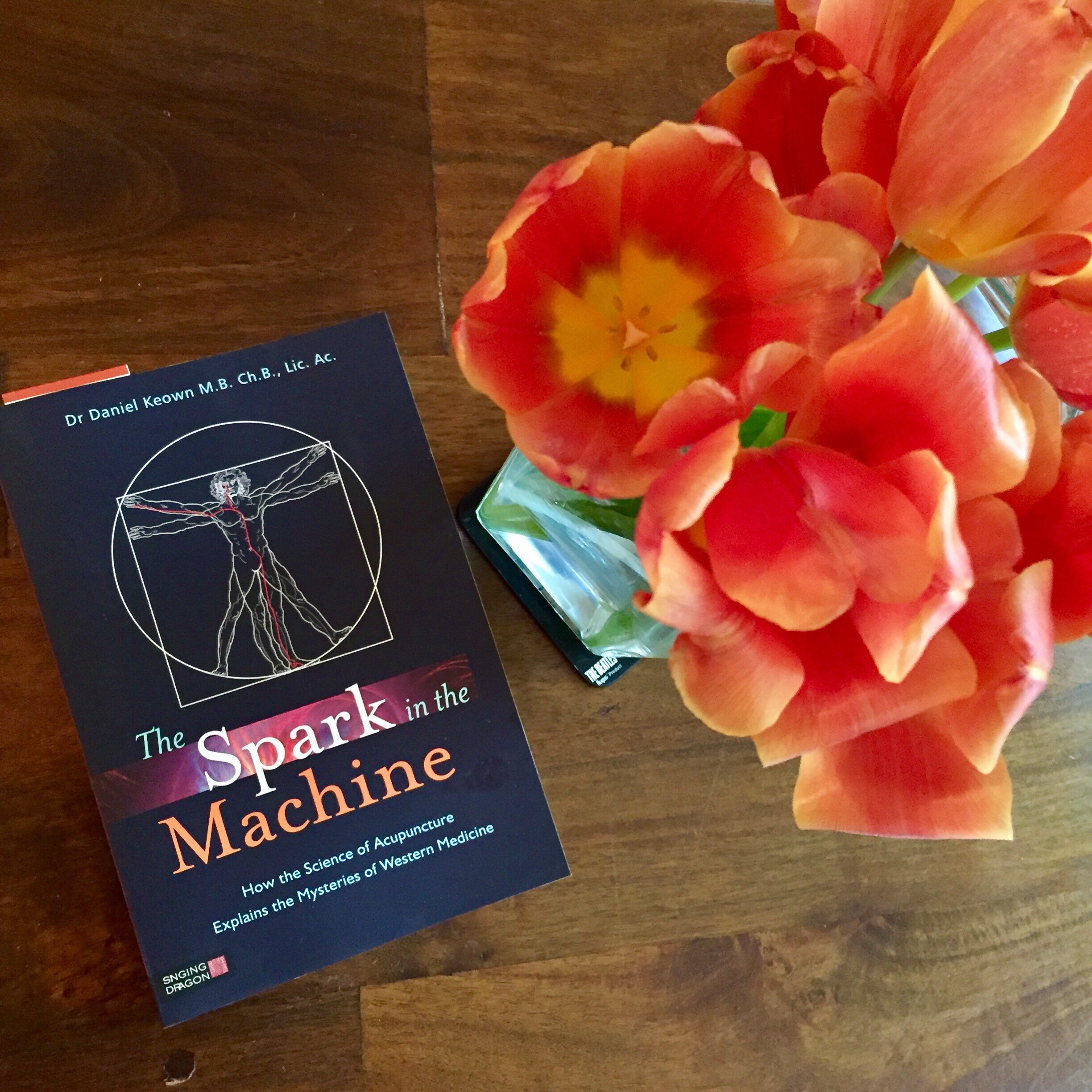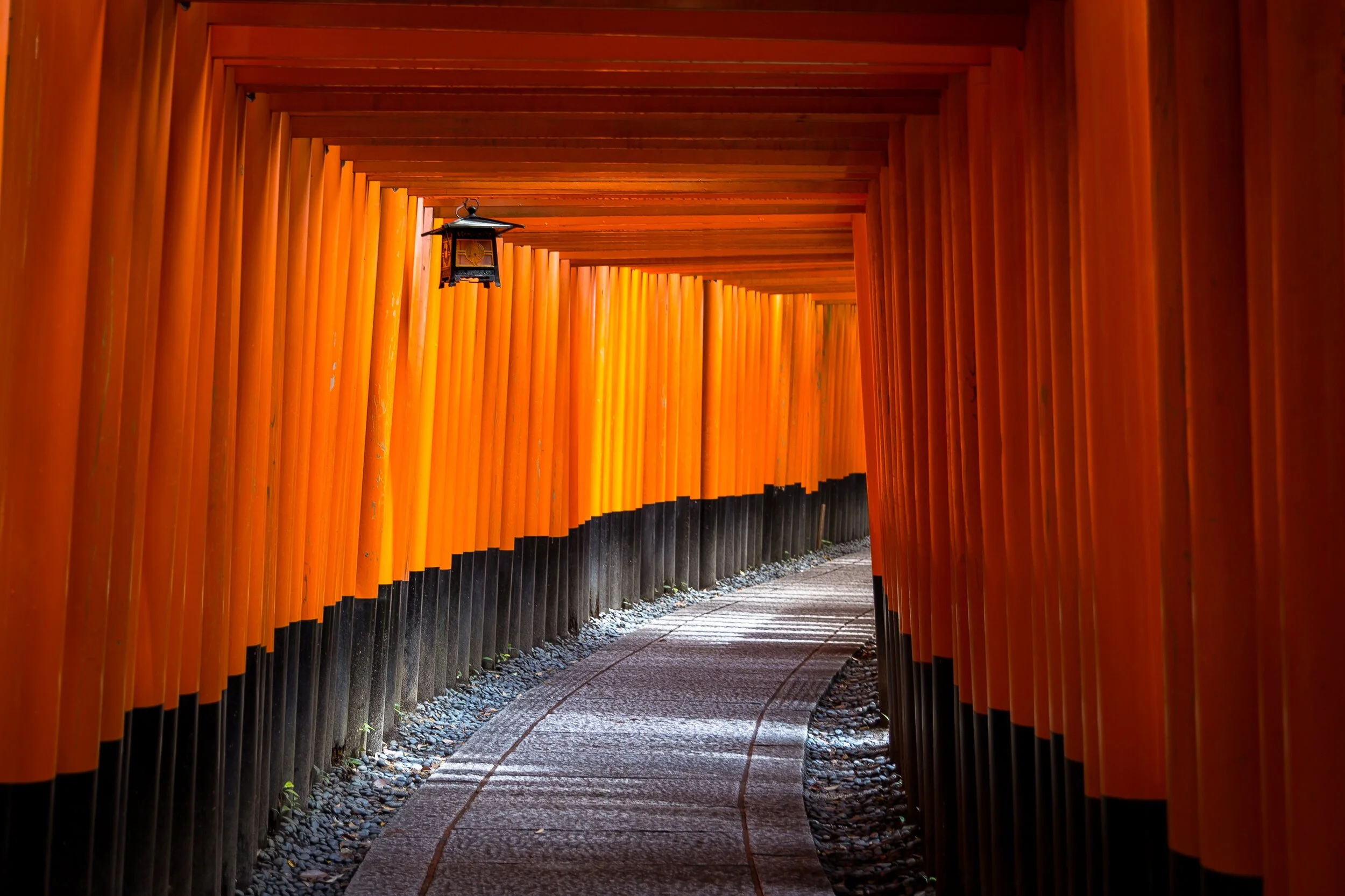A NOTE FROM SHAWNA: When I find a good article I would like to share with you, I will (if the rights for the source allow it), reprint it here for you to enjoy. This does not necessarily indicate a relationship with the source and is not paid content. This post was written by acupuncturist Katherine Altneu, originally posted on the blog for her Denver practice, and is reposted here with her permission.
Pregnancy is different for every woman. Some women get debilitating fatigue, others get incapacitating nausea, others get leg cramps or insomnia. I don’t think there’s one foolproof way to make it through the symptoms that often accompany pregnancy, but here’s what I learned about managing and minimizing many of those symptoms.
To be honest, so far I haven’t been terribly impressed with the level of prenatal care I’ve experienced. I’ve seen both an OB and a Midwife group, and while I like the doctors I’ve worked with, believe they really do care about me and feel safe and that I’m in good hands, I also feel like a LOT is missing from the conversation.
Prenatal care feels basically like emergency prevention & management. Going to see them makes me feel relieved to hear the heartbeat or see the baby via ultrasound. But other than that, they pretty much just check my blood pressure as if to say “Well, you don’t have preeclampsia yet!” and then they basically just tell me: “Wear your seatbelt, and don’t get Listeria”. Um, thanks. Got it.
Yeah, all their nutritional advice is all about avoiding Listeria. It’s NOT about getting adequate or even optimal nutrition for the baby or mama. My goals are more than simply averting a medical crisis after all. Can’t we avert medical crises AND talk about optimal health and nutrition for BABY and helping ME feel my best as well?
So many doctors just tell you that it’s “normal”. Morning sickness is normal. Fatigue is normal. Bloating and gas are normal. And yes, all of these symptoms are very common, and it can be nice to hear that. But common doesn’t make them NORMAL or necessary or mean that they’re not AVOIDABLE or a sign of an underlying imbalance or deficiency.
In fact, many common pregnancy complaints and complications are associated with vitamin and nutritional deficiencies. Which means they can also be rectified pretty easily!
Often, we don’t need to just accept these symptoms as NORMAL. For many of these common pregnancy symptoms, there are strategies and tools we can use to prevent them, minimize them and alleviate them.
So, without further ado, here are the tricks I’ve learned and what I really want more women to know:






